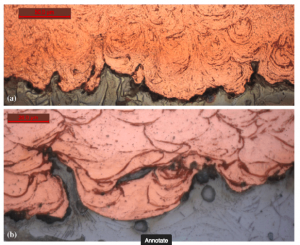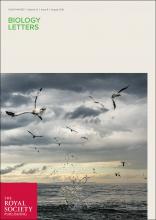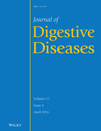 A pair of plant biologists has lost a string of papers over concerns about image manipulation. One author has added eight new retractions to his CV; the other has added five.
A pair of plant biologists has lost a string of papers over concerns about image manipulation. One author has added eight new retractions to his CV; the other has added five.
Last summer, a journal retracted another paper by the pair, also citing suspicions of image manipulation. The latest batch of retractions — issued by seven different journals — includes some papers that have been questioned on PubPeer.
Dibyendu Talukdar, listed at the University of Calcutta in West Bengal, India, is the sole author on three retracted papers. He shares five new retractions with Tulika Talukdar listed at the University of North Bengal. That brings their totals to nine and six, respectively. (We’re not sure if the Drs. Talukdar are related).
We’ll start with the papers they share: Continue reading Plant biologist earns string of retractions, bringing total to 9








